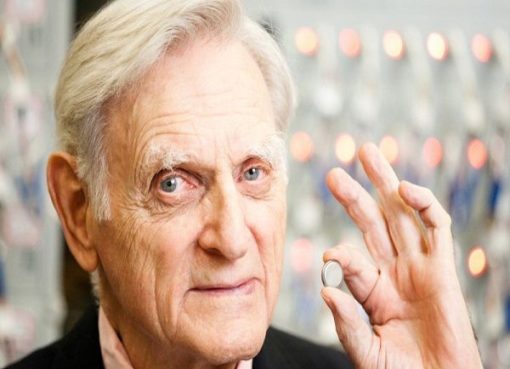The Nigerian Exchange Group (NGX) cannot singlehandedly fund energy projects in the country because of the huge capital needs of the sector, Managing Director/Chief Executive Officer of the group, Mr Oscar Onyema, has said.
Speaking in Abuja at the Seplat Energy Summit, Onyema noted that there was need for collaboration across-the-board, stating that in the power sector alone, over $400 billion is needed to supply power to 25 million Nigerian homes.
Onyema noted that while the stock exchange remains very strong and innovative, it is impossible to finance the huge projects in Nigeria, pointing out that its partnership with the Luxembourg exchange on green bonds, would begin to bear fruits soon.
To embark on the energy transition, you need resources. I will throw up one of the statistics. The power ministry says we need about $400 billion in order to power 25 million households within that period, which is 30 years.
“And we are talking about just power. A lot of the speakers here have spoken about other uses of energy, so we are talking about massive amount of money. So, if you are going to achieve it, you need financing.
The Nigerian capital market while very deep and innovative is not going to be able to do that financing by itself. So, we need to come up with really very innovative ways to achieve that kind of financing, ”he noted.
The Nigerian Stock Exchange, he stated, has worked actively with Seplat energy over the years, stressing that the company had raised capital its platform on the debt side and on the equity side in partnership with the London Stock Exchange (LSE).
The NGX group helmsman explained that in 2020 alone, about $750 billion was raised for sustainability as well as social green bonds, revealing that this year; it is estimated to be about $1 trillion.
“So, there are funds out there that are targeted at these types of investments, and we just need to tap into it. That is why the Nigerian exchange platform has partnered with the Luxembourg Stock Exchange to jointly lease green bonds.
“The Luxembourg Stock Exchange is the largest platform for green bonds in the world and the idea is to allow corporates from Nigeria that are looking to raise clean capital to actually access global platforms and it is already yielding fruits,” he noted.
According to him, Access bank has already raised funding on both platforms, while the Nigerian government had also partnered with the NGX to raise green bonds.
“They have already done two and they are preparing to do the third one. So, these are just examples of the kind of innovative thinking that we need to do to finance these types of deep capital that is required,” he noted.
Also speaking, Head of Investment Banking, Middle East and Africa, Citibank, Miguel Azevedo, described the energy transition as it affects Nigeria as a blessing in disguise, saying it will change the energy model of the country, which has always been oil-driven.
It will force even the development of the generation of primarily solar, it will create mini-grids and I think this will allow for a democratisation of energy and power in particular.
“And so, power will be made available to the people more because the new technologies will allow for that and then it will allow for change in the economic model.
“The availability of power at the unit level, rather than having the necessity of pipelines or transmission grids, will allow for massive industrial development, massive job creation and development of economic and industry.
Nigeria and many other countries have their tax system very much based on taxing the commodities that are produced in the country. This will obviously have an impact there. And so, it will force the development of a new tax system that will be more either value or income-based and will allow for a formalisation of the taxing system,” he argued.
According to him, this will free more revenues to finance the development of the country, create stronger accountability of governments since people will start paying the taxes.
Managing Director, TotalEnergies E&P, Nigeria Limited, Mike Sangster, in his intervention, said by 2050 oil demand, may fall roughly to half of what it is today, but that gas demand would continue to increase.
He added that Nigeria need to develop its fossil fuels as quickly as possible and in the long run work to make the fuels cleaner.
“Our philosophy is that you need more energy, but you need cleaner energy and that goes for fossil fuels as well. So we spend a lot of time trying to reduce the emissions of our own activities, and obviously investing in renewables.
And I really believe that Nigeria has a great opportunity to continue to develop oil needs as quickly as possible. Let’s not wait forever to develop resources. And likewise, let’s make use of the gas that we have in Nigeria as well for local consumption and for export to really get the benefit from those natural resources,” he said.
Source: thisday










